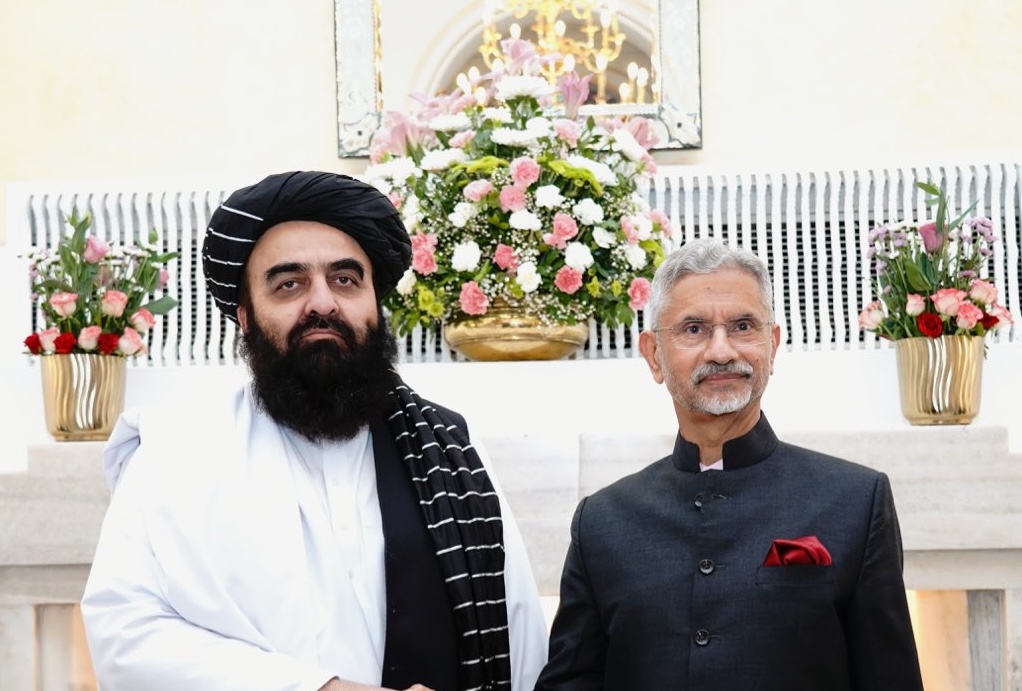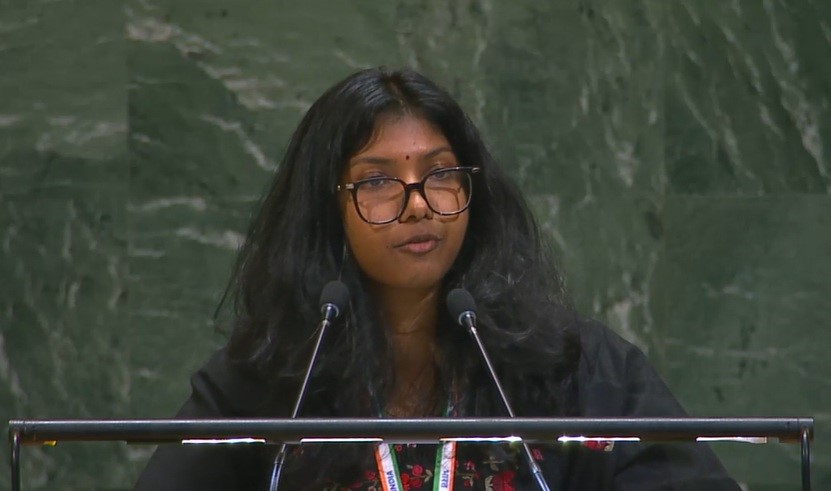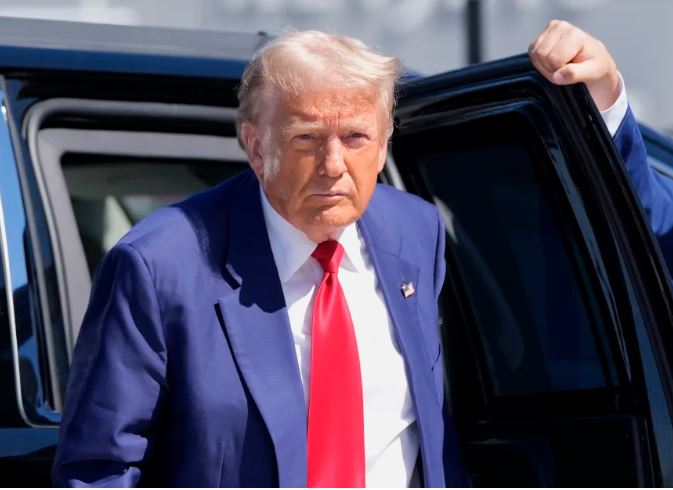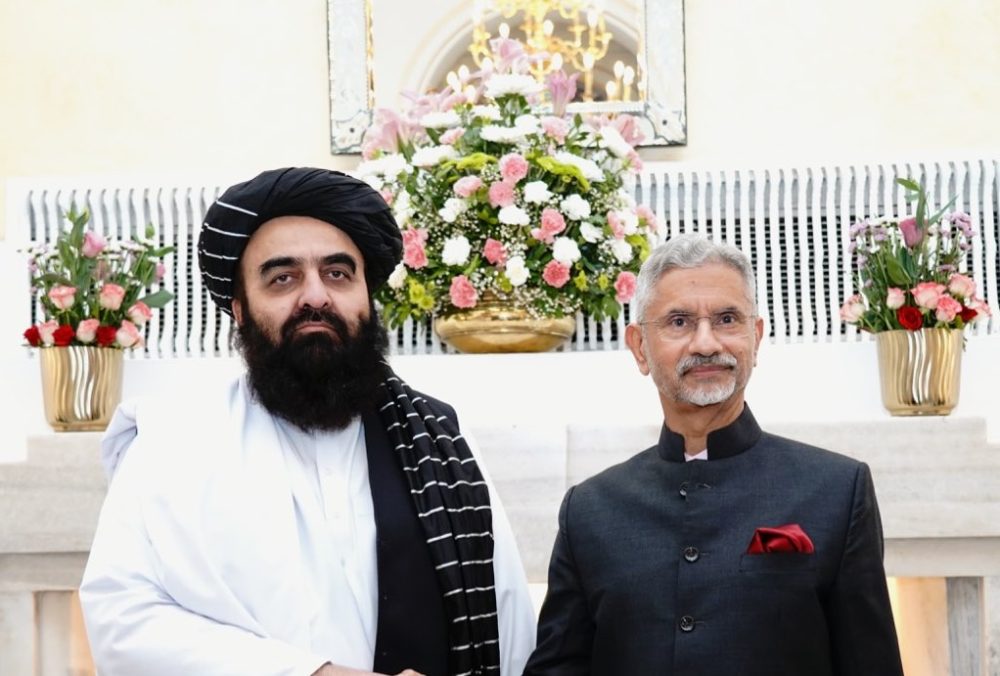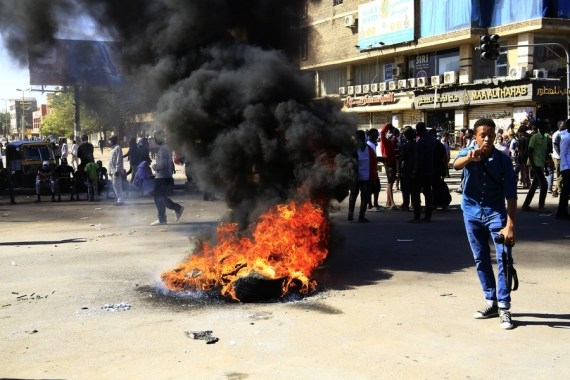The Defence Minister highlighted that India has been an active and constructive participant in ADMM-Plus from the very beginning…reports Asian Lite News
On Saturday, Defence Minister Rajnath Singh expressed New Delhi’s commitment to deepening cooperation across all areas of mutual interest. He stated that ASEAN Defence Ministers’ Meeting-Plus (ADMM-Plus) remains an integral part of India’s ‘Act East Policy’ and broader Indo-Pacific vision.
Addressing the ADMM-Plus meeting in Kuala Lumpur, Singh said, “ADMM-Plus is entering its 16th year, and at this time, India is ready to enhance cooperation in all areas of mutual interests, promote dialogue, and ensure peace and stability through robust regional mechanisms.”
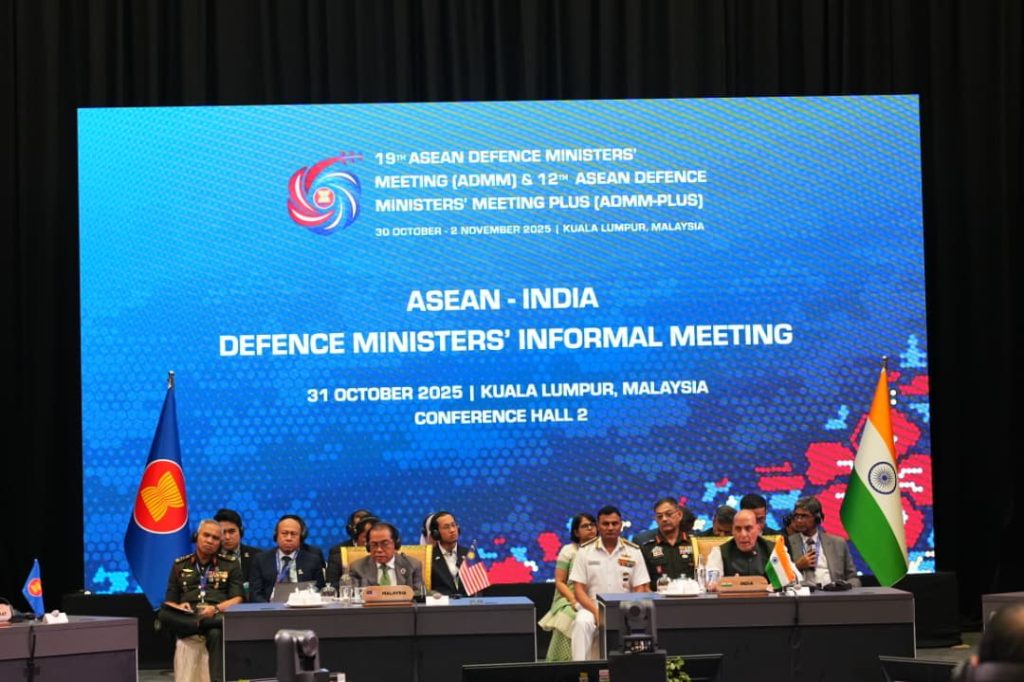
The Defence Minister highlighted that India has been an active and constructive participant in ADMM-Plus from the very beginning, having co-chaired three Expert Working Groups—Humanitarian Mine Action, with Vietnam from 2014 to 2017, Military Medicine, with Myanmar from 2017 to 2020, Humanitarian Assistance and Disaster Relief, with Indonesia from 2020 to 2024, while currently co-chairing—Counter-Terrorism, with Malaysia from 2024 to 2027.
“Through these roles, India has promoted capacity-building, joint training, and knowledge-sharing. This reflects our belief that security cooperation should be comprehensive and people-centric,” he added.
Sigh asserted that India views its defence cooperation with ASEAN and Plus countries as a contribution to regional peace, stability, and capacity-building.
“India’s approach has always been clear — an open, inclusive and rules-based Indo-Pacific. Our emphasis on the rule of law, particularly on the United Nations Convention on the Law of the Sea (UNCLOS), and support for freedom of navigation and overflight, is not against any country, but to protect the interests of all regional stakeholders,” he mentioned.
The Defence Minister emphasised India stands ready to continue making constructive contributions in this endeavour in the spirit of “Mutual and Holistic Advancement for Security and Growth across Regions (MAHASAGAR)” – through dialogue, partnership, and practical cooperation.
“The security of the future will not depend solely on military capabilities, but on the management of shared resources, the security of digital and physical infrastructure, and a collective response to humanitarian crises. ADMM-Plus can be that bridge, which connects strategic dialogue to practical outcomes and moves the region forward towards peace and shared prosperity,” Singh stressed.
“India views its role in this framework through the lens of a spirit of partnership and cooperation. Our approach is not transactional, but rather long-term and principle-driven. We believe that the Indo-Pacific should remain open, inclusive, and free from any form of coercion,” he noted.



